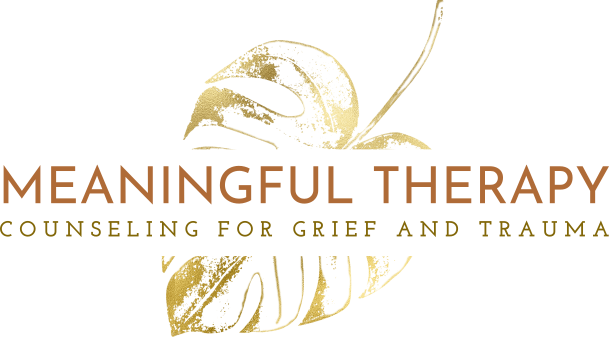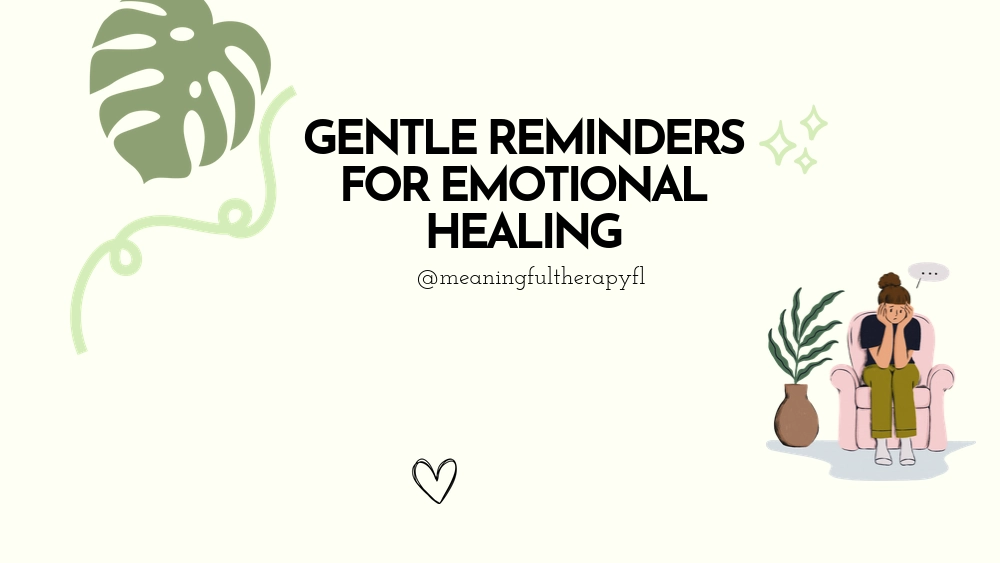The immigrant experience is often a story of courage, resilience, and transformation. For many first- and second-generation immigrants, it’s also a story of balancing cultures, identities, and emotions. While the journey can be enriching, it’s not without its challenges. One challenge that often goes unnoticed or unspoken is the experience of disenfranchised grief.
But what exactly is disenfranchised grief, and why does it resonate so deeply with immigrant communities? Let’s explore this concept and how it affects the mental health of those navigating the immigrant experience.
What is Disenfranchised Grief?
Disenfranchised grief refers to grief that isn’t openly acknowledged, socially validated, or publicly mourned. In other words, it’s grief that doesn’t seem to “fit” into societal norms about what grief should look like or what causes it. This can leave individuals feeling isolated, misunderstood, and unsupported in their pain.
For immigrants, this grief can show up in many forms—the loss of a homeland, a sense of belonging, or the absence of extended family and community. It’s the ache of missing cultural traditions, the struggle to feel rooted in a new country, or even the guilt of thriving when loved ones back home are struggling. For second-generation immigrants, it can be the weight of carrying unspoken sacrifices, cultural expectations, and the longing to fully belong in either culture—or both.
How Disenfranchised Grief Manifests in Immigrant Communities
- Loss of Home and Identity Many first-generation immigrants experience a deep sense of loss when leaving their home country. Even if the decision to move was made willingly, there’s often a lingering grief tied to the land, people, and culture left behind. These losses can feel invisible to those around them, especially in a society that may primarily see the “opportunities” of immigration without acknowledging its sacrifices.
- Generational Expectations Second-generation immigrants often carry the weight of their parents’ dreams and sacrifices. While their parents may grieve for what was left behind, second-generation individuals may grieve the pressure to succeed, the need to straddle two worlds, or the struggle to carve out their own identity. This can create feelings of guilt or shame when their grief doesn’t seem “justified.”
- Cultural Isolation Holidays, traditions, and even food can become sources of sadness for immigrants who feel disconnected from their roots. It’s not just about missing a celebration—it’s about missing a sense of belonging, connection, and cultural identity. These feelings can intensify when surrounded by people who don’t fully understand or value those traditions.
- Survivor’s Guilt For those who left behind loved ones in difficult circumstances, there may be a sense of guilt for the opportunities they’ve gained. Questions like “Why me?” or “Am I doing enough to help those I left behind?” can weigh heavily on mental health, compounding feelings of disenfranchised grief.
Why It Matters to Talk About This
Disenfranchised grief is often invisible, which makes it even more challenging to address. When people feel that their grief isn’t valid, they may avoid expressing or even acknowledging it. Over time, this can lead to isolation, anxiety, or depression.
For immigrants, who are already navigating a host of cultural, economic, and personal adjustments, this unspoken grief can add another layer of difficulty. Recognizing and validating these feelings is the first step toward healing.
Steps Toward Healing
If you’re a first- or second-generation immigrant struggling with disenfranchised grief, here are some ways to begin addressing it:
- Name Your Grief Sometimes, just putting words to what you’re feeling can be powerful. Write down or speak about what you’re grieving, even if it feels small or hard to explain.
- Connect with Community Seek out people who share similar experiences or who value your story. This could be a cultural group, a faith-based community, or even online spaces where you can share and feel understood.
- Honor Your Story Find ways to celebrate your heritage and your journey. This could mean cooking traditional meals, learning about your family history, or creating new rituals that blend your past and present.
- Seek Professional Support Therapy can be a safe space to explore your grief without judgment. Working with a therapist who understands the immigrant experience can make all the difference in feeling seen and heard.
- Practice Self-Compassion Remind yourself that grief is not a weakness. It’s a natural response to loss, and it’s okay to take time to heal.
You Don’t Have to Navigate This Alone
At Meaningful Therapy, LLC, we understand the unique challenges faced by first- and second-generation immigrants. Whether you’re grappling with grief, cultural identity, or the weight of expectations, we’re here to walk alongside you.
Take the first step toward healing today. Reach out for a free 15-minute consultation and let’s explore how we can support your journey. Your experiences matter, and so does your well-being.



